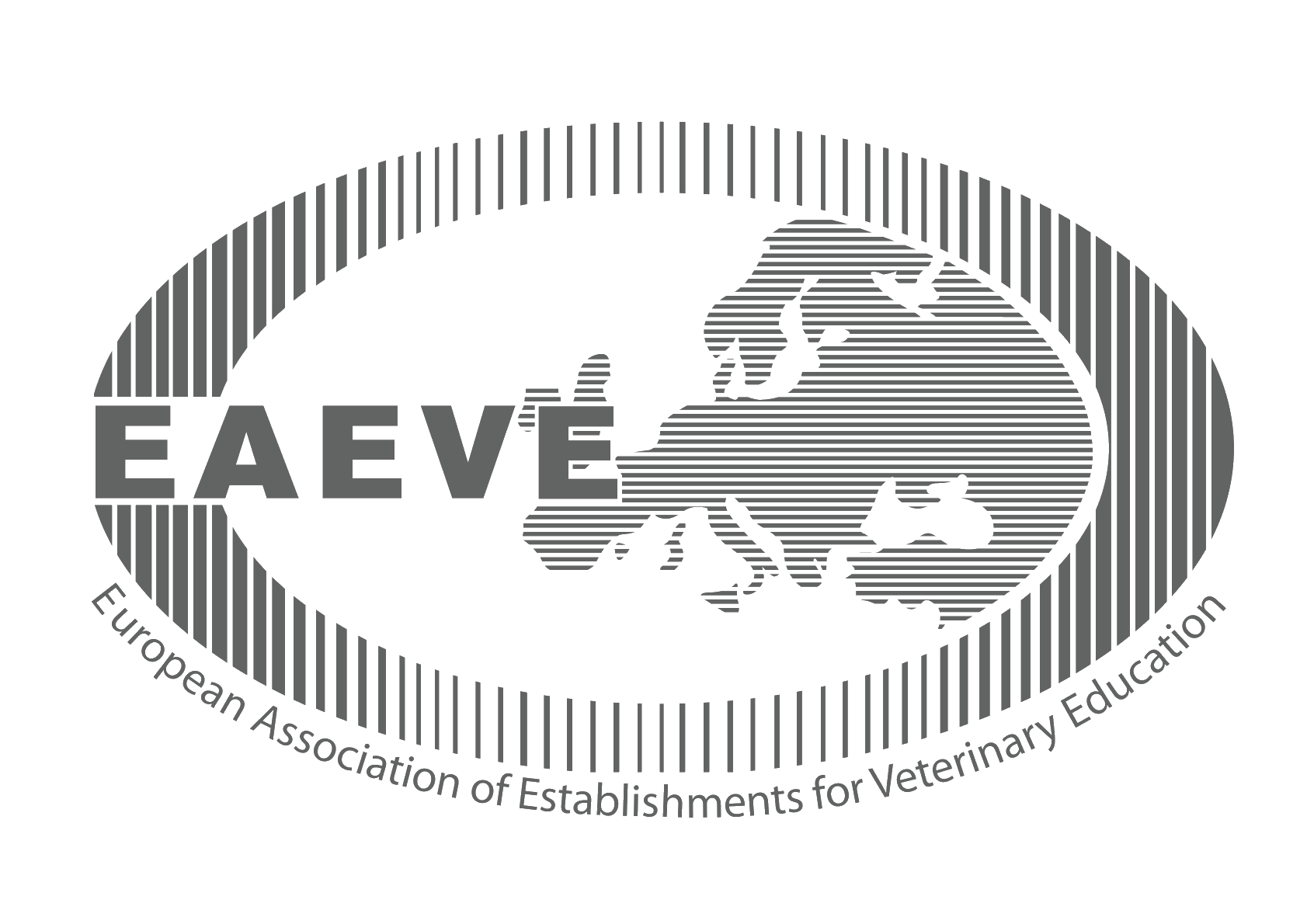J4-50143

Effect of intrabronchial treatment with AdMSC extracellular vesicles on pulmonary inflammation and miRNA in peripheral blood and bronchoalveolar fluid in horses with severe asthma

General Data
Member of UL |
Veterinary Faculty |
|
Name of the leading partner |
||
Status |
leading partner | |
Project code/ Project No. |
J4-50143 | |
Project Title |
Effect of intrabronchial treatment with adipose-derived stem cell extracellular vesicles on pulmonary inflammation and miRNA in peripheral blood and bronchoalveolar fluid in horses with severe asthma | |
Financier |
ARIS | |
Project period |
1.10.2023 – 30.09.2026 | |
Yearly sum of FTE |
0.50 | |
Leader |
prof. dr. Modest Vengušt | |
Scientific field |
Biotechnology / Veterinary Sciences / Animal therapy and healthcare | |
Partners |
UL Veterinary Faculty, UL Medical Faculty, UMC Ljubljana |
Project Phases
The project work is divided into several work packages.
WP1: Animal Involvement and Experimental Protocol
In this work package, we will select twenty adult horses with a confirmed diagnosis of severe equine asthma (SEA). We will challenge the horses with a clinical exacerbation of their asthma using an antigen challenge. We will measure lung function and perform a comprehensive clinical examination allowing clinical assessment according to a predefined scale. We will harvest adipose tissue from the subcutaneous tissue at the root of the tail for use in WP2.
WP2: AdMSC culture and isolation of extracellular vesicles
Stem cells will be isolated from adipose tissue and cultured according to the established protocol. A fraction of the cells will be cultured in a way that will allow for the collection of conditioned media from which extracellular vesicles will be isolated by concentration and size exclusion chromatography. The cells and vesicles will be characterised accordingly.
WP3: Therapy
The horses will be divided into two groups. Autologous AdMSCs or their extracellular vesicles will be injected into the right accessory lung lobe. At the time of injection, we will determine the clinical score at time T1. Three weeks after T1, we will reassess the clinical status of the horses (time T2).
WP4: Evaluation of cytokine mRNA expression
We will monitor gene expression of the cytokines IL-1β, IL-4, IL-8, IL-17, TNF-α, IFN-γ and NFκB using quantitative reverse transcription polymerase chain reaction (RT-qPCR). We will quantify the cytokine content of BALf samples using enzyme-linked immunosorbent assays (ELISA). We will use the isolated RNA to prepare libraries of small non-coding RNAs, which will be sequenced and processed using bioinformatics tools.
Project Description
Severe equine asthma (SEA) is a common condition in horses. Symptoms of SEA include increased airway sensitisation and responsiveness to inhaled allergens and the consequent development of chronic neutrophilic airway inflammation, reversible bronchoconstriction, mucus accumulation and airway remodelling. The pathogenesis of the disease is similar in people with severe asthma. The diversity of asthma phenotypes and sub-phenotypes in both types of asthma is poorly understood, limiting the development and use of targeted therapies. Treatment of SEA currently includes reduction of allergen exposure, treatment with topical or systemic anti-inflammatory drugs, bronchodilators and antibiotics. As these therapeutic strategies only alleviate symptoms and have a poor prognosis, there is a great need to develop new treatment strategies. Recently, new treatments using regenerative cell therapy have been introduced for a number of chronic diseases. In a previous study, we have already shown that adipose-derived mesenchymal stem cell (AdMSC) therapy is safe and has positive effects on reducing SEA symptoms. However, AdMSC-derived extracellular vesicles represent an even more advanced, specific and stable form of cell-free therapy compared to MSCs.
Structure of the Project Group
https://cris.cobiss.net/ecris/si/en/project/20825
Location
Gerbičeva 60
SI-1000 Ljubljana
Slovenija
Sample Reception
Samples are received at several locations throughout Slovenia. See where.
The veterinarian on duty
Emergency veterinary assistance for dogs and cats and a telephone number of constant readiness.
Library
A wide selection of domestic and foreign professional literature in the field of veterinary medicine and other sciences.
Main navigation
-
Education
- Informativni dan
- Why to become a veterinarian?
- Undergraduate Studies
- Postgraduate studies
- Pripravništvo
- Summer Schools
- Continuous education
- Professional Development
- International Activity
- Mednarodna dejavnost - Tuji študentje
- The Path to Creative Knowledge
- Tutoring
- Extracurricular Activities
- Career Centres
- Alumni
- Student organizations and societies
- Quality Assurance
- Clinics
- Diagnostics
- Dobrobit
- NVI
- Research
- About us
- Hub




